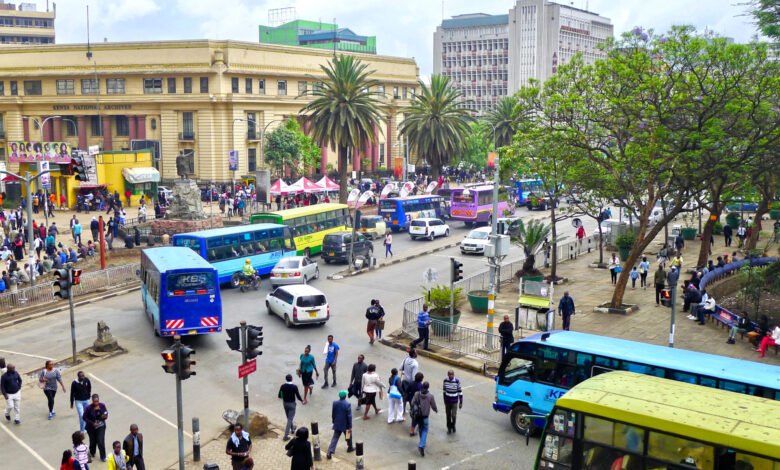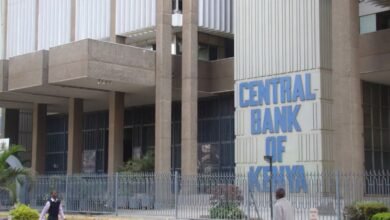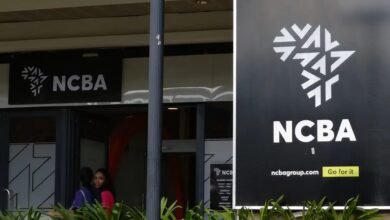
Public service vehicles are lowering bus fares on various routes, bringing relief to millions of daily commuters.
This move comes in the wake of gains made by the Kenyan shilling in the foreign exchange market, prompting different SACCOs to adjust their fare rates accordingly.
The adjustment in bus fares varies across different SACCOs, with some opting to reduce the fares while others have chosen to maintain the existing rates.
This depends on the specific commuting routes.
Residents of Great Wall Gardens in Athi River, for instance, had heir fare rates reduced to Ksh.100, marking a 16.6% decrease from the previous fare of Ksh.120.
This reduction in bus fares coincides with a recent review by the Energy and Petroleum Regulatory Authority (EPRA) that saw a decrease in fuel prices.
Petrol price experienced the most significant reduction, dropping from Ksh.206 to Ksh.199 per litre.
Also Read: How NMS plans to force matatus from Nairobi CBD
In February, the prices stood at Ksh.206.4 for petrol, Ksh.195.5 for diesel, and Ksh.193.2 for kerosene, with the revised prices now set at Ksh.199.2, Ksh.190.4, and Ksh.188.7 per litre, respectively.
The strengthening of the Kenyan shilling against major currencies, particularly the US dollar, has played a significant role.
According to data from the Central Bank of Kenya (CBK), the shilling is currently trading at 134.4 units.
This reflects a 2.1% gain over the weekend. The shilling closed the week at 137 units, showcasing its continued upward trajectory.
Throughout the week, the Kenyan shilling appreciated by 3.5% to settle at Ksh.137.1, compared to the previous week’s rate of Ksh.142.8.
On a year-to-date basis, the shilling has appreciated by 13.9% against the dollar.





